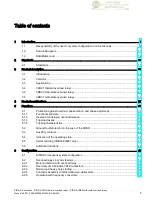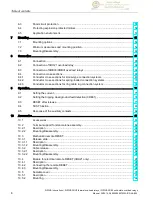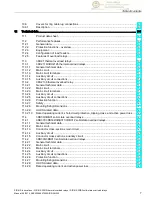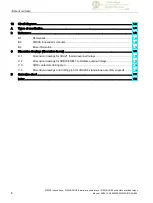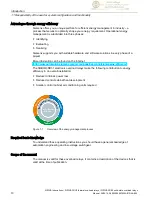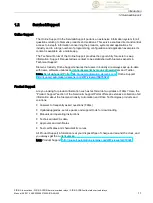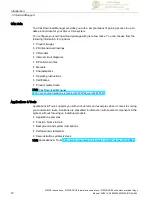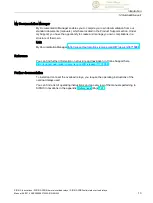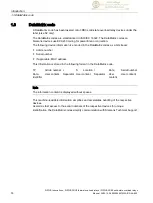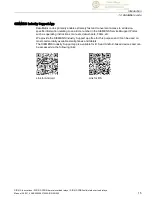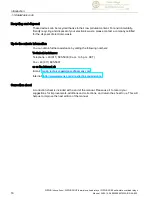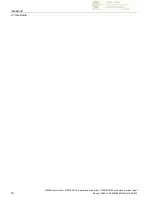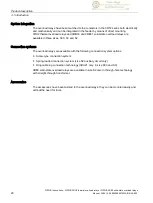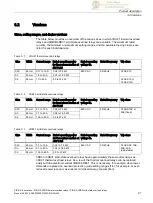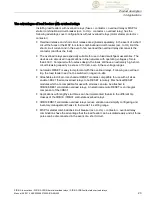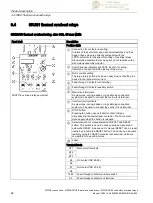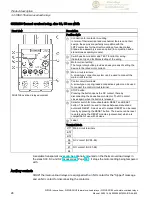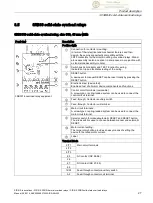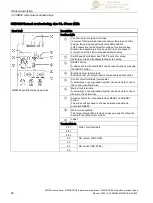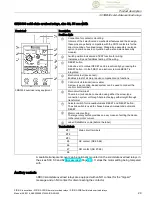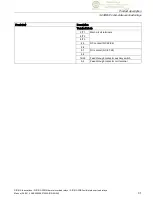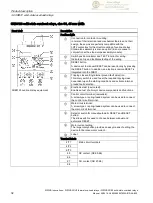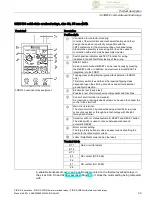
SIRIUS Innovations - SIRIUS 3RU2 thermal overload relays / SIRIUS 3RB3 solid-state overload relays
Manual, 09/2014, A5E03656507420A/RS-AA/002
19
Product description
3
3.1
Introduction
3RU21 thermal overload relays
3RU21 thermal overload relays up to 80 A have been designed to provide current-dependent
protection for loads with normal starting against impermissibly high temperature rises due to
overload, phase asymmetry or phase failure.
An overload or phase failure results in an increase of the motor current beyond the set rated
motor current. Via heating elements, this current rise increasingly heats up the bimetal strips
located inside the device. The deflection of these bimetal strips eventually activates the
auxiliary contacts via a release mechanism. The contacts then disconnect the load via a
contactor. (The contactor function is not an integral component of the overload relay).
3RB30/3RB31 solid-state overload relays
3RB30 / 3RB31 solid-state overload relays up to 80 A with internal power supply have been
designed to provide current-dependent protection for loads with normal starting and heavy
starting against impermissibly high temperature rises due to overload, phase asymmetry or
phase failure.
An overload, phase asymmetry or a phase failure results in an increase of the motor current
beyond the set rated motor current.
This current rise is detected by the current transformers integrated in the devices and
evaluated by corresponding solid-state circuits which then supply a pulse to the auxiliary
contacts. The contacts then disconnect the load via a contactor. (The contactor function is
not an integral component of the overload relay).
In addition to current-dependent protection for loads against impermissibly high temperature
rise caused by overload, phase asymmetry, and phase failure, 3RB31 solid-state overload
relays feature internal ground-fault detection (not possible in conjunction with contactor
assemblies for star-delta (wye-delta) start). This provides protection of loads against high-
impedance faults to ground caused by damaged insulation, moisture, condensation, etc.

